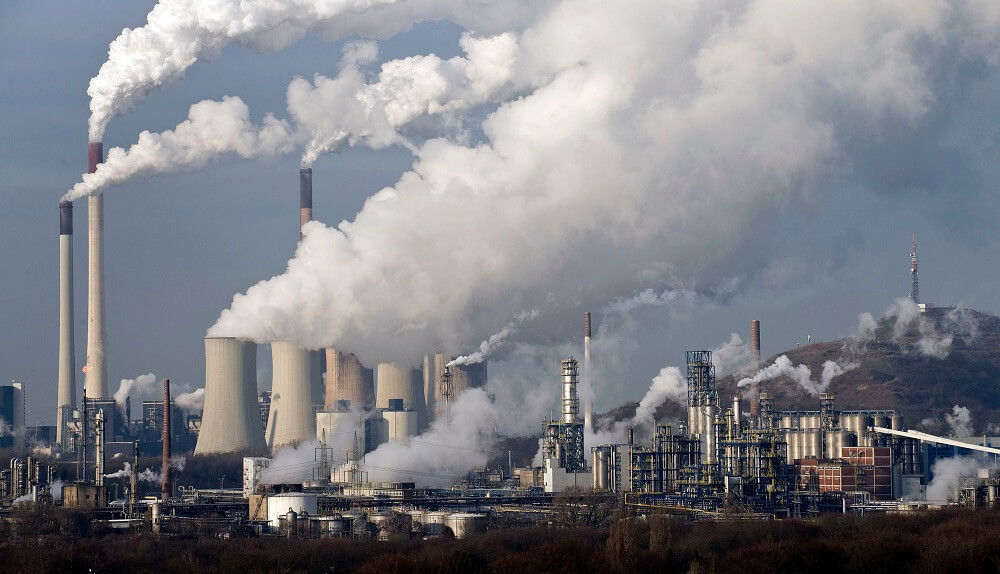The war between Russia and Ukraine has forced the President of Russia, Vladimir Putin to cut gas supplies to Europe, thereby raising concerns about possible shortage of gas to Germany and other European countries.
The development has forced the German government to consider the passage of emergency laws to reopen it’s coal plants for electricity generation and auction gas supplies to industry.
Advertisement
The auctioning of gas supplies to industries is aimed at incentivising businesses to curb consumption.
Russia is the third-largest oil producer behind the United States and Saudi Arabia. But Russia is the largest oil and products exporter in the world, and Europe depends on the nation for supplies.
In January 2022, total Russia oil and products production stood at 11.3 million barrels per day of which around eight million bpd is exported.
In 2021 Russia was the largest exporter of oil and natural gas to the European Union, and 45 per cent of the European Union’s natural gas total imports originated in Russia.
Advertisement
The largest importers of Russia’s gas in the European Union are Germany and Italy, accounting together for almost half of the EU’s gas imports from Russia.
Other larger Russian gas importers in the European Union are France, Hungary, the Czech Republic, Poland, Austria and Slovakia.The largest non-EU importers of Russian natural gas are Turkey and Belarus.
With this new plan to embrace coal, Germany will significantly increase its use of highly polluting coal to preserve energy supplies ahead of the winter as the decision by Russia to reduce gas exports threaten shortfalls in Europe’s largest economy.
The Economic Minister of Germany,
Robert Habeck described the latest move as ‘bitter but essential’ to ease threat of energy shortage.
Habeck said Berlin was working on a new law to temporarily bring back up to 10 gigawatts of idle coal-fired power plants for up to two years.
Advertisement
This would increase Germany’s dependence on coal for electricity generation by up to a third.
The Germany’s economy minister said the country will limit the use of natural gas for electricity production after Russia sharply reduced flows of natural gas in its pipelines to western Europe, driving up energy prices.
“To reduce gas consumption, less gas must be used to generate electricity. Coal-fired power plants will have to be used more instead,” Robert Habeck said in a statement.
Russian state gas giant Gazprom said the supply reductions through the Nord Stream pipeline are the result of repair work, but European Union officials believe Moscow is punishing allies of Ukraine, where Russian forces launched an invasion in February.
Germany’s temporary recourse to coal marks a turnaround for Chancellor Olaf Scholz’s ruling coalition of Social Democrats, Greens and the liberal FDP, which has vowed to wind down its coal usage by 2030.
“It’s bitter but indispensable for reducing gas consumption,” Habeck said.
Advertisement
The government has insisted that Russian gas will be needed for a while until alternative sources of energy, such as liquefied natural gas brought in by ship, are available.
Over the past months the German government has taken measures to fill gas storage facilities to 90 percent capacity by November to ensure enough gas is available as a heating fuel through the European winter.
Habeck said storage facilities, currently at 56.7 percent capacity, were still able to make up the shortfall from Russia with purchases from elsewhere, but he nevertheless described the situation as “serious” and said further measures may be necessary.
The German government recently called on citizens to cut back their energy use in light of the tense supply situation.
“It’s obvious that [Russian President] Putin’s strategy is to unsettle us by driving up the price and dividing us. We won’t let that happen,” Habeck said.



